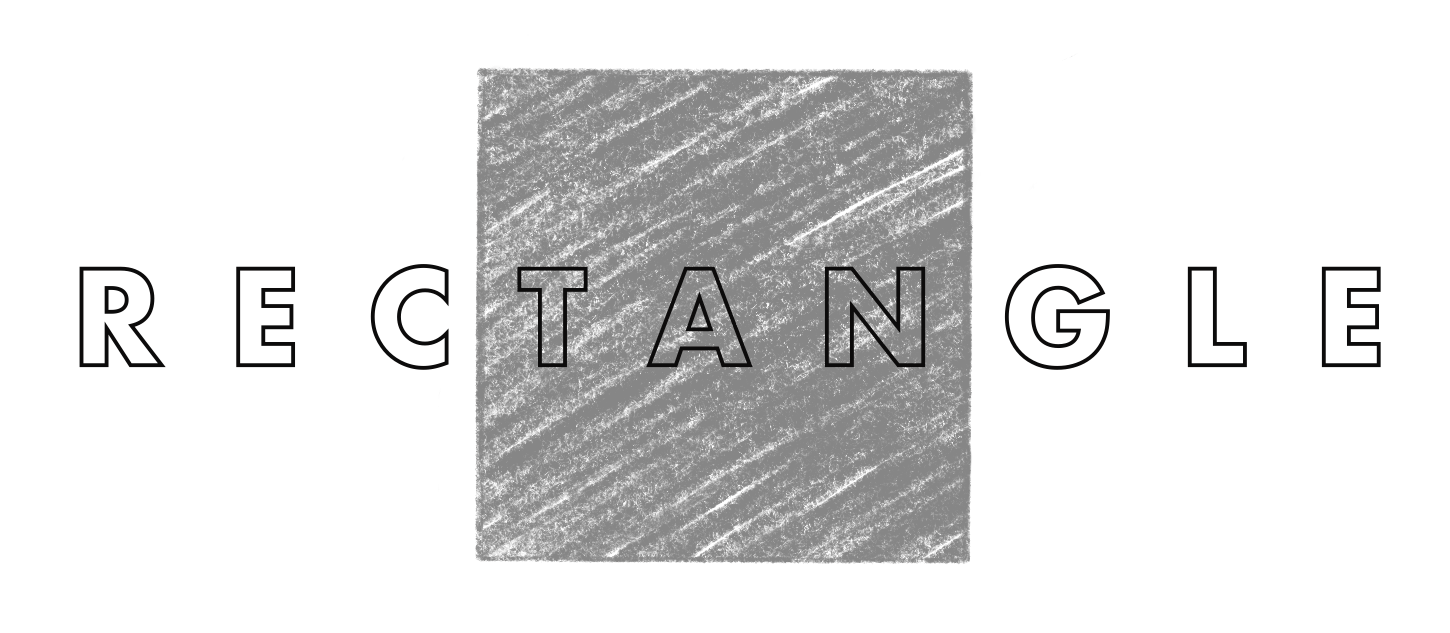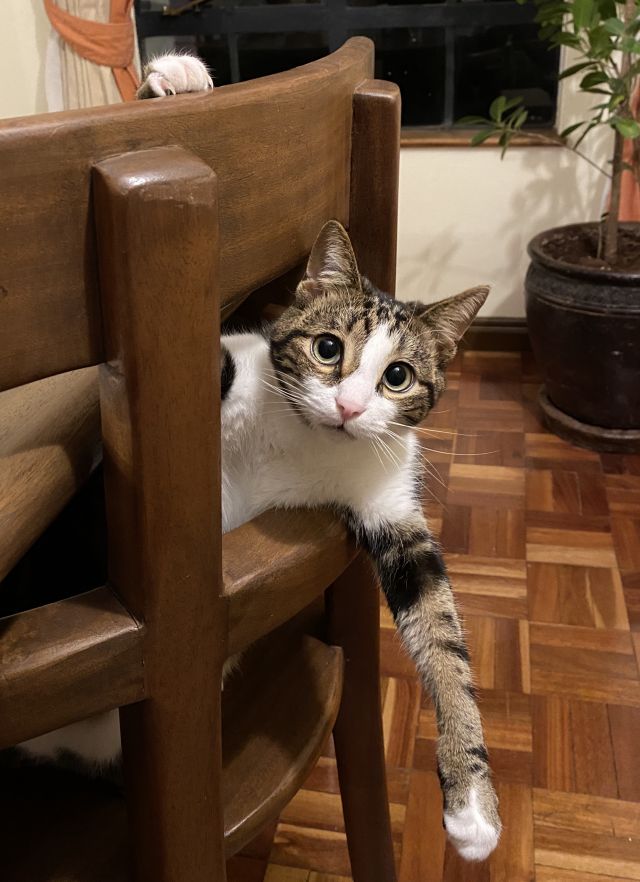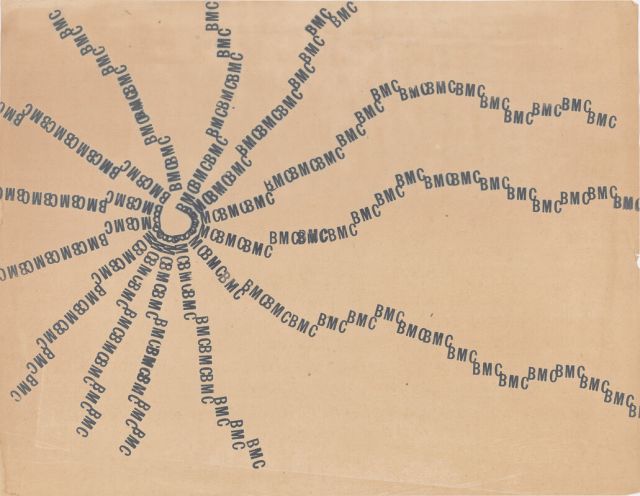Rectangle | Square
#3 | Homecomings, Mutual Aid, Little Boxes

Welcome back to a newsletter from me, writer and city planner Jonathan Tarleton. This will be the last edition via TinyLetter, which is shutting down. I'll migrate to a new platform in the new year. In the meantime, you can still subscribe here.
Happenings
Over the last two months, I've waded through an internal conversation about coming 'home' prompted by our impending move back to the US, specifically DC, in the spring of 2024. (Get in touch with who we should meet or work with there!) I count the things we'll miss here in Nairobi and balance them with a list of all that we have look forward to.
Protest has recently featured prominently on that list. I've watched the mass actions calling for a ceasefire in cities across the US with envy, as our parallel efforts in Nairobi have been stymied by threats, and follow-through, of police violence. It, of course, has its corollary. I've dreaded and lamented the backlash in the US: the pernicious conflation of anti-zionism with antisemitism, the doxxings, firings, harassment, and worse against those who dare stand up against genocide. I've struggled with dissonance: awaiting photos of our newborn niece snuggled up in her incubator in a South Carolina NICU—someone I look forward to being closer to—as her peers in Gaza have suffered an unfathomable fate, abetted by the Biden administration.
Some of you know I grew up in Georgia, another 'home' I've been thinking of. I was 'political' growing up, but those politics usually looked away from the Peach State. Now, from Nairobi, I've followed the work of Atlantans and others to Stop Cop City, as the campaign against a deeply unpopular plan to bulldoze an Atlanta forest and replace it with a massive police training facility is known. As an intimate essay on the campaign put it, the history of the US plays out in the shifting use of this plot of land: part of the homelands of the Muscogee, it was stolen and defiled as a slave plantation, then a prison farm, and now, possibly, an accelerant for a system that often does more to harm us than keep us safe. I admire Stop Cop City organizers for how they make evident the connections between different struggles: for healthy and equitable cities, against mass incarceration; for democratic governance, against the criminalization of protest; each intertwined thread undergirded by a sense of solidarity and the practice of mutual aid.
The pandemic brought the latter into the mainstream again. You saw it in the community fridges and volunteer-run grocery services that tried to make sure the most vulnerable could stay safe and fed. Neighbors helping neighbors were celebrated as they plugged holes left by governments dropping the ball. Now, the practice of supporting one another is no longer welcome in Georgia, as the RICO charges brought against 61 Stop Cop City organizers attest. The indictment, as one analysis puts it, "seeks to frame an entire movement challenging the violence of policing as a criminal enterprise and any critique of police violence as evidence of criminal conspiracy." Among the 'evidence': sharing ideas on the internet and messaging apps, sending out press releases and printing 'zines, run-of-the-mill protest, and reimbursing participants for supplies and meals. Because organizing together and providing support to fellow organizers is evidence of scary, "virulent, anarchist ideas." (As the great David Graeber once asked and answered, "Are You An Anarchist? The Answer May Surprise You!"). Under the State DA’s logic, this newsletter could be evidence of my participation in criminal conspiracy.
I suppose there's something normal about being both repelled by and pulled toward 'home.' On American Thanksgiving, as I felt both forces, I opted to give myself over to the more positive one. I was thrilled as the parade I'd long watched got a necessary upgrade to its messaging. I ate up news that folks from the NDN Collective—an Indigenous-led organization I've followed for their work to actualize Landback—had traveled to Atlanta to stand in solidarity with Stop Cop City protesters. They also flew Palestinian flags and asserted the right of Palestinians to exist, to return to their stolen lands. They drew parallels to the colonization of North America celebrated by the holiday and that of Palestine, and they made the links between Cop City and the Israeli Occupation Forces that would likely train US police there, if it were to be realized. They see the interconnection of all of those struggles, and the common logic of their opponents that any opposition to an occupying power is fundamentally criminal, and thus worthy of punishment for those even tangentially connected, up to and including death.
Coming 'home,' I hope, will permit me to be more engaged in all of these struggles. The oft-drawn distinction between American domestic politics and its foreign policy, and thus broader international politics, has always been a profoundly flimsy one. It's good that such a notion has now been eviscerated (again), and that Americans are being called (again) to reckon with the crimes of the empire we, however unwillingly, form a part. So I'll look forward to that homecoming and to seeing some of you early next year, if you'll have me back! In the meantime, for those of you who are American, please contact your reps and demand a permanent ceasefire.
Ruth Asawa, Untitled (BMC.78, BMC Sunburst), c. 1948–49 via the Whitney
T. Recs
1. What Do Artists Do All Day? from the BBC
2. How to Blow Up A Pipeline by Andreas Malm
3. Yuval Abraham on Israel's 'mass assassination factory' and Dan Berger on the demand 'Everyone for Everyone'
4. Ruth Asawa Through Line at the Whitney Museum (ends 1.15.2024)
5. Elie Mystal and Saqib Bhatti on the consequences of Biden's support for genocide
6. 100 Foot Wave, directed by Chris Smith
Tangents
A favorite part of writing for me is seeking an answer to a small question, then ending up on some odd research foray. The question, then ...---> ... the tangent.
Now that Dropbox® has captured that word, what's a good way to refer to actual, physical drop boxes? ---> Malvina Reynold's classic takedown of suburban uniformity "Little Boxes" isn't just about housing. She evokes both physical boxes (those houses made of "ticky-tacky") as well as metaphorical ones: "And the people in the houses / All went to the university / Where they were put in boxes / And they came out all the same."

Kaju in Pirate Mode
Thanks for reading and take good care,
Jonathan
